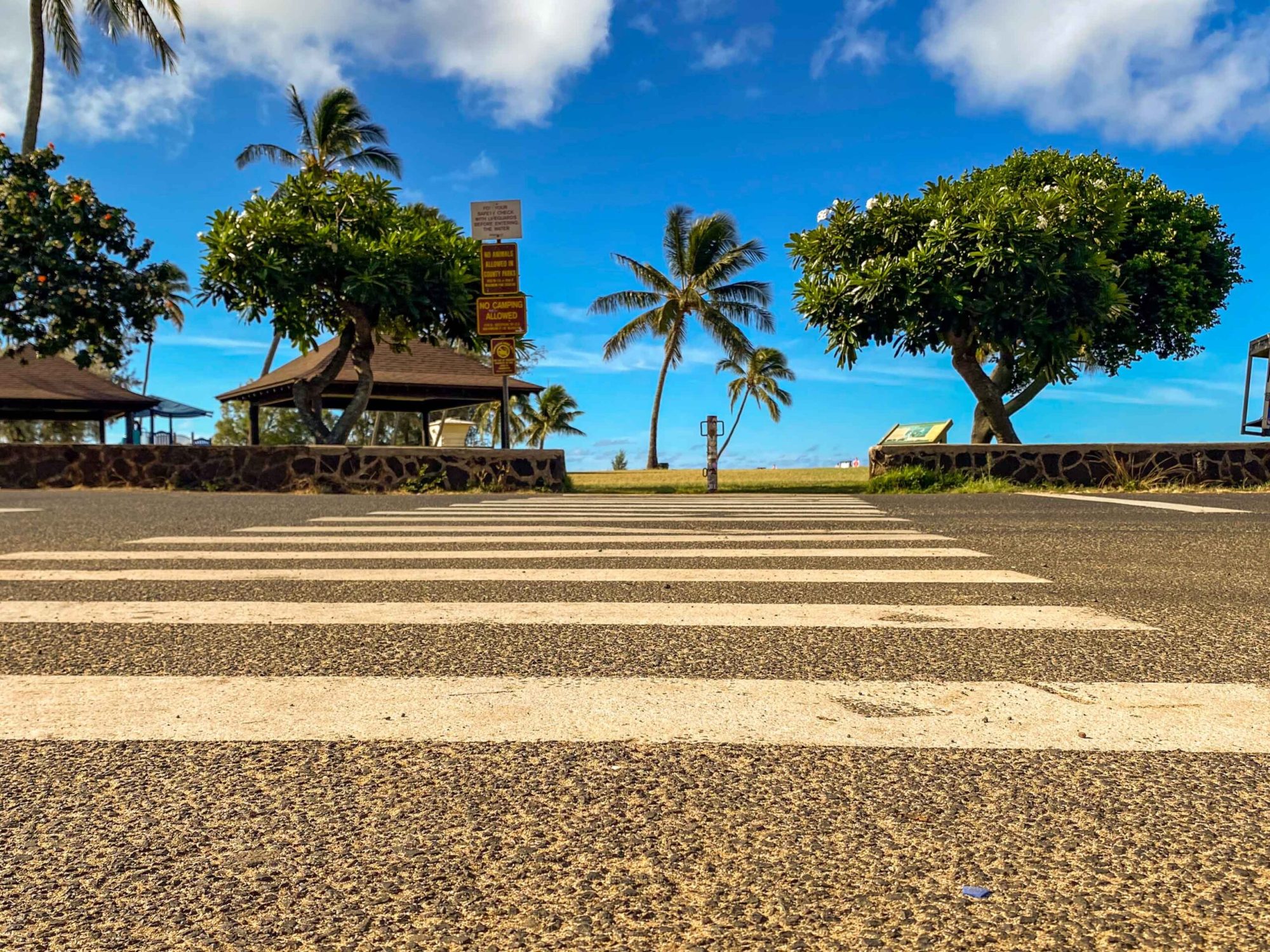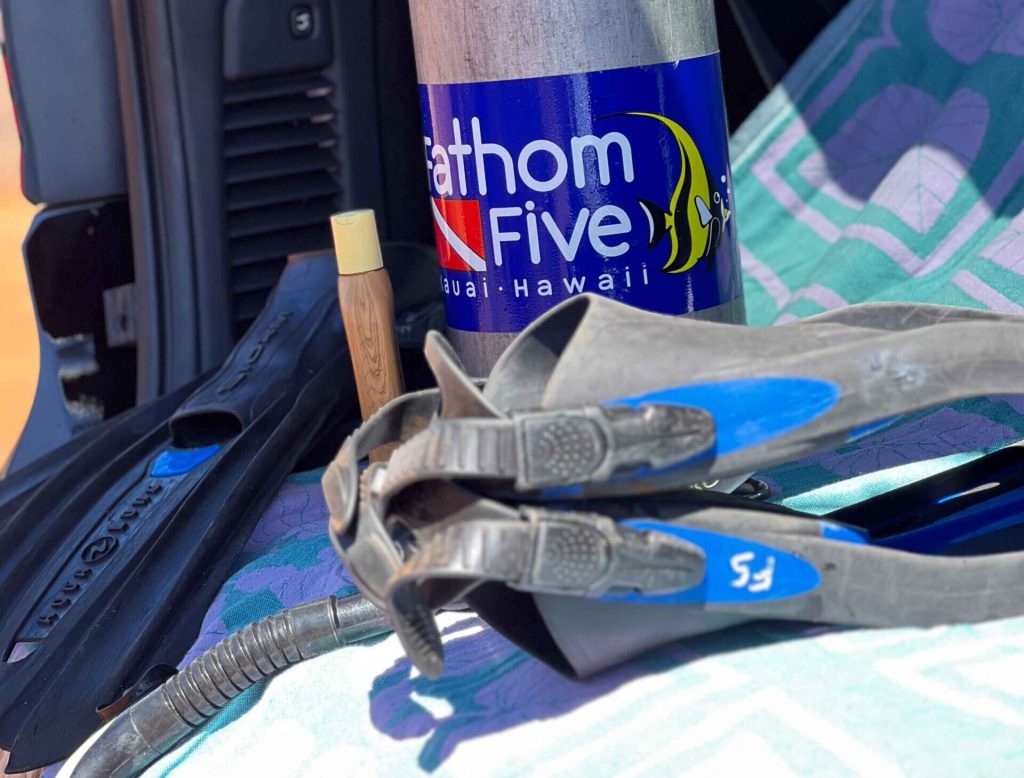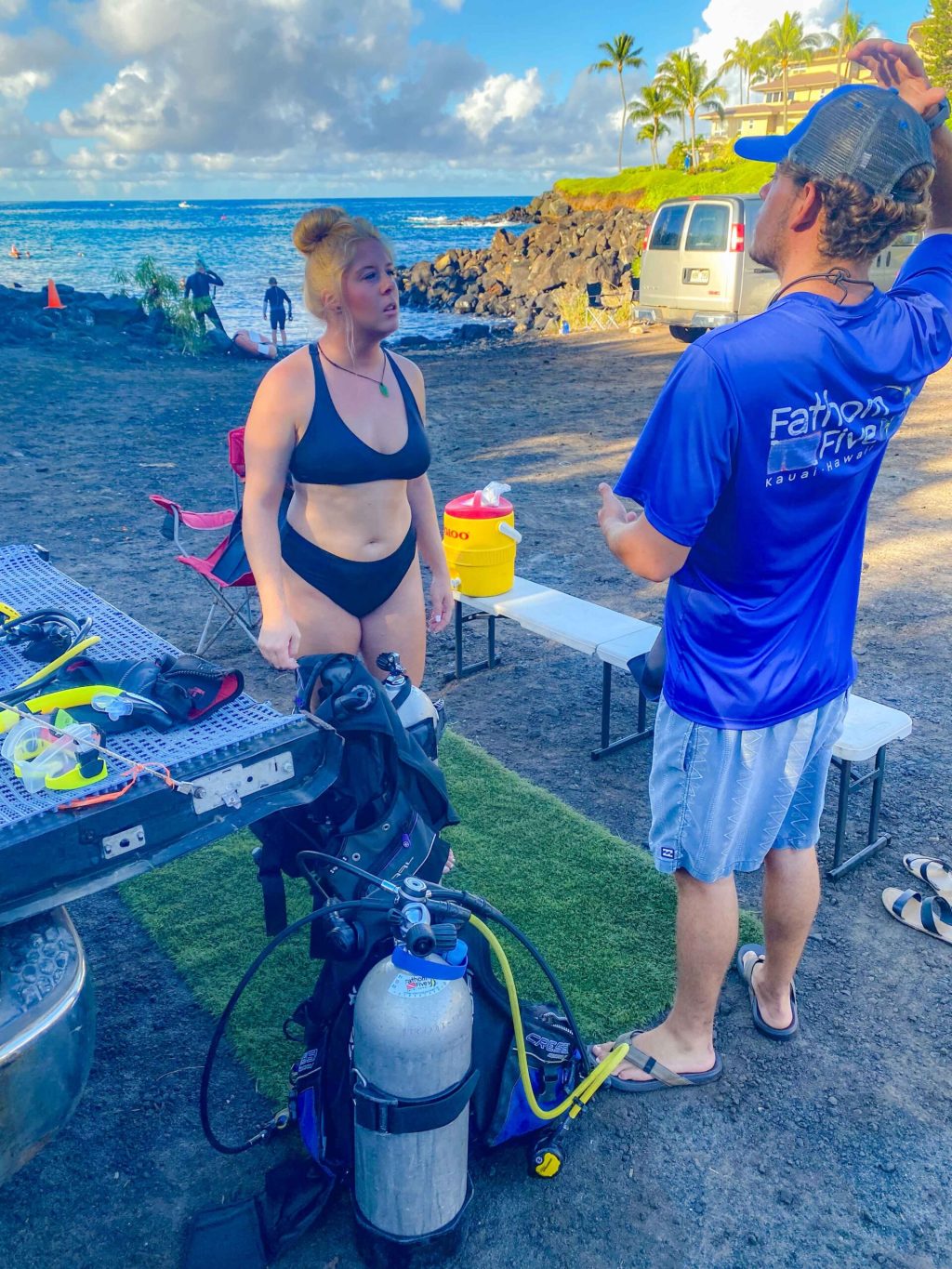Avoiding the Abyss: Top 5 Mistakes Scuba Divers in Kauai Must Steer Clear Of

Scuba diving in the pristine waters of Kauai is a dream come true for many underwater enthusiasts. The vibrant marine life, mesmerizing coral reefs, and crystal-clear waters make it an irresistible destination for divers of all skill levels. However, even in this aquatic paradise, there are pitfalls that divers must navigate to ensure a safe and enjoyable experience. In this comprehensive guide, we’ll explore the top five mistakes scuba divers in Kauai often make and how to avoid them. Let’s dive in!
1. Sunscreen Choice: Protecting the Reef, Protecting Yourself
Mistake:Using non-reef-safe sunscreen.
Solution: Opt for reef-safe sunscreen options to protect both the marine ecosystem and your skin.
The mesmerizing coral reefs surrounding Kauai are delicate and susceptible to harm from certain chemicals found in common sunscreens. To protect the reefs and maintain the underwater wonderland, it’s crucial to choose reef-safe sunscreen. These sunscreens are specially formulated to be free of harmful chemicals like oxybenzone and octinoxate, which can damage coral and disrupt marine life. By making an informed choice, you not only preserve the environment but also safeguard your own well-being against the harsh Hawaiian sun.
2. Dehydration: The Hidden Foe Beneath the Surface
Mistake: Underestimating the effects of dehydration.
Solution: Stay well-hydrated before and after dives, and monitor your hydration levels during your underwater adventures.
In the excitement of preparing for a dive in Kauai’s stunning waters, it’s easy to forget about hydration. However, dehydration can have serious consequences underwater, including impaired judgment, increased risk of decompression sickness, and reduced physical performance. To combat this, divers should hydrate sufficiently before diving, avoid excessive alcohol consumption the night before, and drink water or electrolyte-rich fluids to stay properly hydrated. During dives, it’s essential to maintain hydration levels by taking sips from your water bottle when appropriate.

3. Neglecting Safety Checks: The Importance of BWRAF
Mistake: Overlooking pre-dive safety checks.
Solution: Prioritize safety by conducting thorough pre-dive checks, following the BWRAF protocol (Buoyancy, Weights, Releases, Air, Final Check).
Even experienced divers can occasionally become complacent when it comes to safety checks. Neglecting the critical BWRAF safety protocol can lead to potentially life-threatening situations. Emphasize the importance of these checks by illustrating real-life scenarios where they’ve made the difference between a safe return and an emergency. By ensuring that buoyancy, weights, releases, air supply, and a final check are all in order, divers can minimize risks and enjoy their dives with peace of mind.
4.Forgetting to Check Air Regularly: The Breath of Life
Mistake:Failing to monitor air consumption.
Solution: Develop a habit of regularly checking your air gauge, and practice good buoyancy control to conserve air.
The underwater world in Kauai is so captivating that it’s easy to get lost in the beauty and forget to check your air gauge. Running low on air can be a terrifying experience, especially if you’re far from the surface. Share stories of divers who have found themselves in precarious situations due to neglecting air checks. Stress the importance of regular air checks and efficient buoyancy control to extend dive time and enhance safety.
5. Failing to Plan Dive: The Dive Plan is Your Lifeline
Mistake: Going underwater without a clear dive plan.
Solution: Always plan your dives meticulously, including depth limits, air supply, and emergency procedures.
The allure of the underwater world can sometimes tempt divers to abandon their dive plans in favor of spontaneity. However, this can lead to risky behavior, such as exceeding depth limits or ignoring air supply. Use dramatic, underwater cinematography to illustrate the potential dangers of these actions. Reinforce the importance of creating a detailed dive plan, sharing it with a buddy, and sticking to it rigorously. A well-executed dive plan is a lifeline that ensures a safe and enjoyable dive in Kauai’s remarkable waters.
In conclusion, scuba diving in Kauai offers a magical underwater experience, but it comes with responsibilities. By choosing reef-safe sunscreen, staying hydrated, conducting thorough safety checks, monitoring air supply, and meticulously planning dives, divers can avoid common pitfalls and make the most of their underwater adventures. Remember, the key to a successful dive in Kauai is not just exploring the depths but returning safely to share your stories of the ocean’s wonders.
